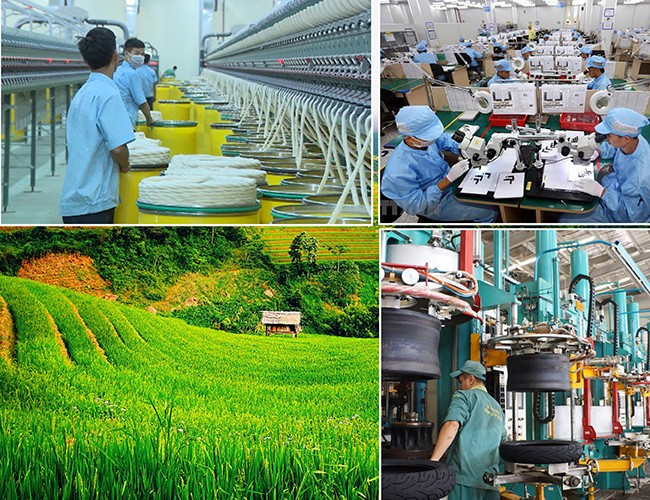Deputy Prime Minister Tran Hong Ha on September 4 signed a decision approving Vietnam’s environmental industry development programme for 2025–2030.
Effective immediately, the decision aims for a sweeping overhaul of Vietnam’s policy framework for the environmental industry, laying a legal groundwork for recycling industrial parks and clusters by 2030. These facilities are expected to drive the sector’s growth and set the stage for a Government Decree on environmental industry development.
By 2030, Vietnam targets domestic technology, equipment and products for wastewater treatment capable of meeting 70%-80% of local demand, with an eye toward exports. Air pollution control equipment is projected to cover 60%-70% of domestic needs, while solid and hazardous waste treatment technologies are to handle 50%-60% of collection, transport, and sorting demands, and 60%-70% of recycling needs. Environmental monitoring devices are slated to cover 20% of domestic demand. The programme also places particular emphasis on new technologies and products for waste-to-energy generation and environmental protection, particularly for industries undergoing economic restructuring.
Vietnam plans to expand its environmental goods market, improve the quality and competitiveness of homegrown products while strengthening suppliers’ capabilities. Trade promotion efforts will sync with national strategies on environmental protection, green growth, emissions reduction, and the circular economy.
Concurrently, the Government will nurture environmental industry services, encourage enterprises to operate wastewater, solid waste, hazardous waste, and emissions treatment plants, all while maintaining equipment to global standards. The vision is inclusive: a diverse array of economic sectors working in concert, drawing foreign investment, and ultimately exporting cutting-edge technologies, equipment, and products to global markets.
The decision outlines six key tasks and solutions to bring this vision to life. These include establishing national-level environmental industry centres; promoting sci-tech activities and assisting enterprises in innovation and digital transformation, and training a skilled workforce to drive the sector forward./.



















